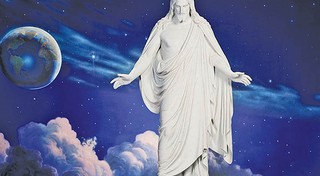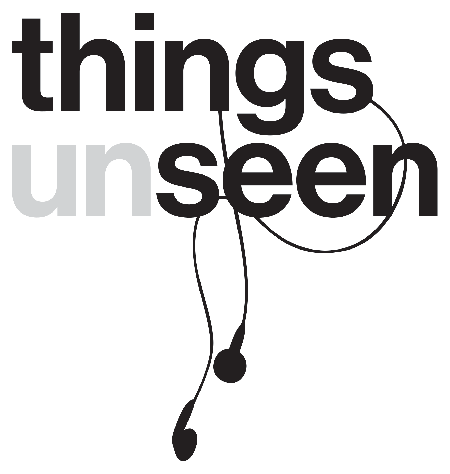MICHAEL BUERK ON MORMON MITT ROMNEY
‘It’s one thing believing what is inherently unlikely, but what about believing something absolutely, obviously, and provably wrong?’
Image courtesy of More Good Foundation via flickr.com ©©
Mitt Romney’s emergence as the Republican candidate for the Presidency of the United States is being seen, in most well-meaning quarters, as a significant victory in the war against bigotry. Mr Romney is a Mormon, an active member of the church. Indeed, he’s held several leadership roles in what is a fast-growing, but still controversial faith. That he should now be one step away from the most powerful job on earth says a lot about the progress of religious toleration.
But not, perhaps, about the qualities required by high office.
As a practicing Mormon, Mr Romney believes that, nearly 200 years ago, a convicted American fraudster called Joseph Smith was visited by the Angel, Moroni, who eventually led him to a buried cache of golden plates on which were written The Book of Mormon. Part scripture, clearly derived, if not lifted bodily, from the Bible, part an account of God’s dealings with an ancient American people supposedly descended from the tribes of Israel.
The text was in something Smith called “Reformed Egyptian”, and he was hardly literate even in English, but with the help of divine revelation and a couple of magic stones he dictated a translation to a series of helpers. They were kept behind a blanket strung across his kitchen, because for anybody else to see the golden plates meant certain death.
The religion he founded believes in aliens (he and his successors apparently reckoned the moon was populated by men dressed as Quakers who lived to be a thousand), believe that God lives on, or near, a star called Kobol, and that Zion will be rebuilt in Missouri.
To say there is not a scrap of evidence for the narrative that underpins the Mormon religion, is wildly to understate the level of scepticism of its critics.
It is easy to sneer.
But, the Mormon church – at any rate since it stopped being nasty to blacks and being keen on polygamy -promotes values, many find admirable. The underlying narratives of most religions can sound fantastical to non-believers. Maybe there are many different kinds of truth. And, anyway, if there were empirical evidence for the assertions of religion..faith would not be required.
As a private citizen, Mr Romney’s faith is entirely his business. But he is a contender for the most powerful public office in the world. The fate of millions of people could easily rest on his judgement.
What should our attitude be to him, as potential president, if we think he has embraced an embarrassingly transparent fantasy dreamed up by a charismatic trickster on the make?
Should we say, if his judgement seems to us to be so poor in that hugely important part of his life, how can we trust his judgement with, say, nuclear weapons? Or should we set religion aside completely, in the interests of tolerance, and judge him entirely on his secular beliefs and achievements?
And, if it is one thing believing in what is inherently unlikely – what about believing something absolutely, obviously, and provably wrong? A fundamentalist Christian say,
who maintains, against all the evidence, that the earth is only 6,000 years old?
Rationality is a virtue but not an absolute one. But then, neither is tolerance.



Latest comments
Leave a comment
No comments yet - be the first.